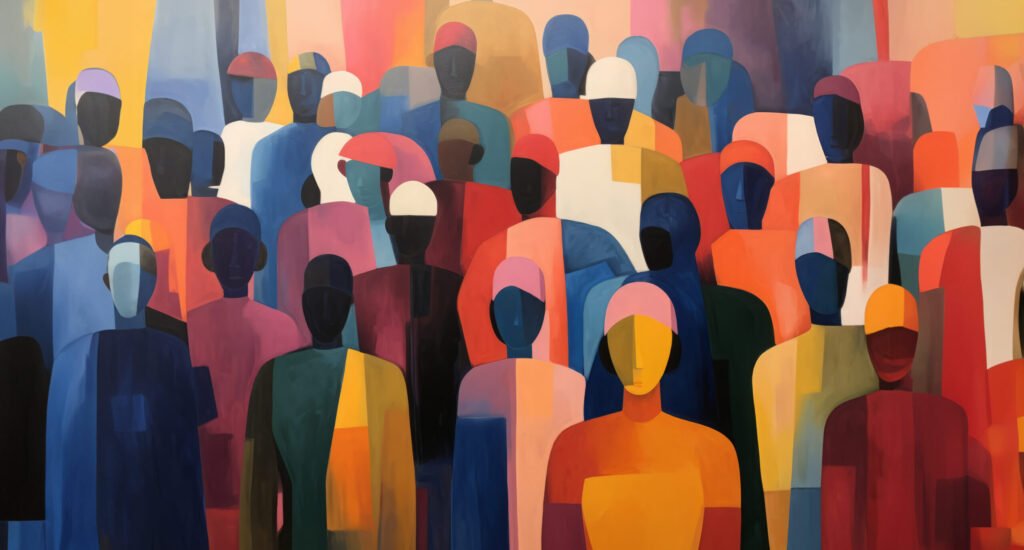In an alarming recent development, Alabama's universities, along with those in other Republican-majority states, have become the latest battlegrounds in a right-wing campaign against so-called “woke” culture.
The state's new legislative efforts aimed at reining in diversity, equity, and inclusion (DEI) efforts are not just an isolated incident, but a growing trend within the Republican Party against DEI. It represents a broader and more organized backlash.
These legislative measures against DEI in universities have sparked intense debate, with critics arguing that they could violate fundamental freedoms and could lead to legal battles. Universities, recognized as havens for free expression and academic independence, are at the center of these debates. His DEI efforts, which cover a wide range of social, cultural, and historical themes, including race, gender, and sexual orientation, are currently under threat. Such legislative intervention not only violates free speech principles but also potentially violates core tenets of academic freedom and is subject to legal challenges from affected faculty, students, or groups. May give rise to claims.
The Fourteenth Amendment guarantees that all Americans have equal protection under the law. If DEI-focused laws are perceived to unfairly target certain communities, especially historically marginalized communities, such laws can be argued to be discriminatory . Additionally, if a law targeting DEI is deemed to violate the rights of an individual or entity without due process of law, then the Fifth and Fourteenth Amendments, “Life without due process of law; Guarantees against deprivation of “liberty or property” may operate. Justification.
Universities typically adopt DEI initiatives to comply with federal regulations such as the Equal Employment Opportunity Commission and Title IX. When state laws conflict with these federal obligations, universities find themselves in legal jeopardy. This tension could lead to lawsuits in which agencies argue that federal law supersedes state law.
Opposition to DEI within the Republican Party is complex, shaped by historical, political, and cultural currents, and is part of a broader movement toward more authoritarian governance. This resistance also serves as a rallying cry, leveraging concerns about political correctness and perceived threats to free speech to mobilize the Republican base. However, it is important to note that not all Republicans are unified in their stance on DEI, and some are proposing different approaches.
Alabama's anti-DEI campaign is symptomatic of a larger movement championed by far-right advocates, who frame such policies as a victory against allegedly “toxic” academic norms. This move not only jeopardizes fostering a diverse and inclusive educational environment, it also signals an alarming shift in public policy, impacts broader conversations about equity and inclusion, and challenges historical injustices. threatens progress in addressing the
These changes have alarming consequences for students, teachers, and the broader academic community. The stance taken by some Republican leaders could call into question the core principles of inclusive education and reverse progress toward creating a fairer environment for all students.
As this political drama continues to unfold, it is important to critically examine the motivations and impact of the anti-DEI movement. This is not just about policy, but reflects broader questions about the kind of society we want to build. Conversations around DEI must move beyond partisan politics, guided by a commitment to equity, inclusivity, and collective progress.
Our commitment to diversity, equity, and inclusion must remain steadfast in the face of continuing obstacles. Rather than being discouraged by current resistance, this should serve as a catalyst to strengthen efforts to advocate for inclusive and just policies within the education sector and broader community. As we navigate these turbulent waters, it is essential that we remain committed to fostering a more just, equitable and inclusive society for all.
















